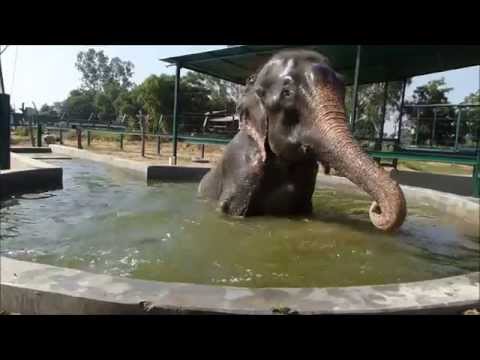More than 850 cows that spent months aboard a ship drifting across the Mediterranean will be taken off and killed before they’re too diseased to be safe for consumption.
The Karim Allah is docked in the southeastern Spanish port of Cartagena and were kept in what animal rights activists called “hellish” conditions.
Other countries have rejected the cattle because of fears they have bovine bluetongue virus. The insect-borne virus causes lameness and haemorrhaging among cattle. Bluetongue does not affect humans.
A veterinarians’ report for the Spanish government and obtained by Reuters concluded that the animals had suffered from the lengthy journey.
Some of them were unwell and not fit for transport outside of the European Union, nor should they be allowed in the EU. Euthanasia would be the best solution for their health and welfare, it said.
The Talia Shipping Line, which manages the Karim Allah, had argued against killing the animals saying they were still healthy.
The 864 surviving animals, out of 895 who were shipped originally, will be slaughtered at the dock of the Port of Escombreras in Cartagena, Spain, in compliance with the slaughter order.
A tent has been installed at the foot of the Karim Allah, inside which they will be slaughtered, and dozens of containers will be used for the removal of the carcasses.
The cows will be killed despite the fact that they are healthy. According to the ship’s lawyers, the animals’ positive health was verified by external veterinarians hired by the ship.
After leaving Spain on December 18th, 2,671 cows and calves traveling on two ships—the Elbeik and the Karim Allah—had been drifting through the Mediterranean Sea after being refused entry in various countries, including Lybia and Turkey, due to reports that the animals had bluetongue, a noncontagious, insect-borne, viral disease that affects mammals like cows.
The animals, unable to find another country willing to accept them, had been trapped at sea without food or water before the Karim Allah returned to Spain on February 22.
Animal rights group, Animal Equality has investigated the immense pain and suffering animals endure during live transport journeys, especially those by sea. Usually done without food or water, animals are shuttled across long distances by truck and boat, with many perishing along the way. Animals who die at sea usually end up being tossed into the water, with some even falling in while still alive.
Those animals are presumably left to drown.
Another vessel the Elbeik which is carrying about 1,800 bovine is currently moored off the Turkish Cypriot port of Famagusta.
On February 27, Animal Equality protested the treatment of live transport animals in front of the Port of Cartagena and demanded the government of Spain ban live transport to countries outside the European Union. A petition in Spain to end live transport has already received over 33,000 signatures.
“It is imperative that the Spanish Government investigate who is ultimately responsible for this tragedy and hold them to account. My heart breaks for all those animals who have already died and for those who remain trapped on these ships. To ensure animals no longer needlessly suffer on these unregulated journeys, the export of live animals must be immediately banned,” says Sharon Núñez, President of Animal Equality.
.




